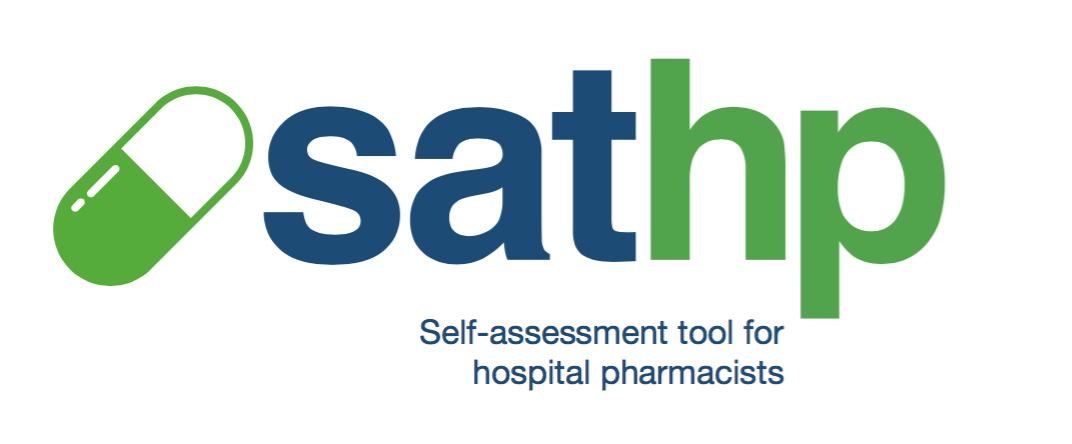EU Monitor-Help students learn more about hospital pharmacy!
The EAHP EU Monitor is a regular round up of news relevant to hospital pharmacy in Europe.
You can subscribe to receive the EAHP EU Monitor by email HERE.
EAHP-EPSA Internship Platform – sign up your hospital
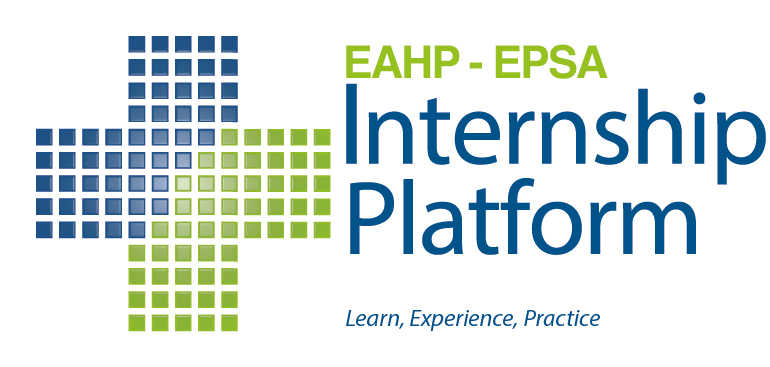
The European Association of Hospital Pharmacists (EAHP) is working together with the European Pharmaceutical Students’ Association (EPSA) on many different areas relevant to pharmacy students. One of the three projects that both associations cooperate on is the EAHP-EPSA Internship Platform. This platform enables students and young professionals to intern in hospital pharmacies around Europe for a period up to three months.
Since its establishment in 2012, the EAHP-EPSA Internship Platform has grown significantly. Gaining international experience and being provided with the opportunity to learn from one another by exchanging good practices has become very important for students. In particular feedback from participants that completed the programme over this summer confirms that “pharmacists in training” are very excited about the hands-on experience they get via the EAHP-EPSA Internship Platform. Interning in a hospital gives them the possibility to explore and learn about different areas of hospital pharmacy, and at the same time offers them the opportunity to visit another country with a different healthcare system and working environment.
With the number of interested students rising steadily over the past years, the hospital pharmacies currently enrolled in the programme will soon not be enough. To enable more curious pharmacy students to gain practical experience, EAHP is seeking additional hospital pharmacies interested in joining the EAHP-EPSA Internship Platform.
If you are interested in hosting an intern contact intern[at]eahp[dot]eu
More about the EAHP-EPSA internship platform HERE
Global summit releases 10 actions towards vaccination for all
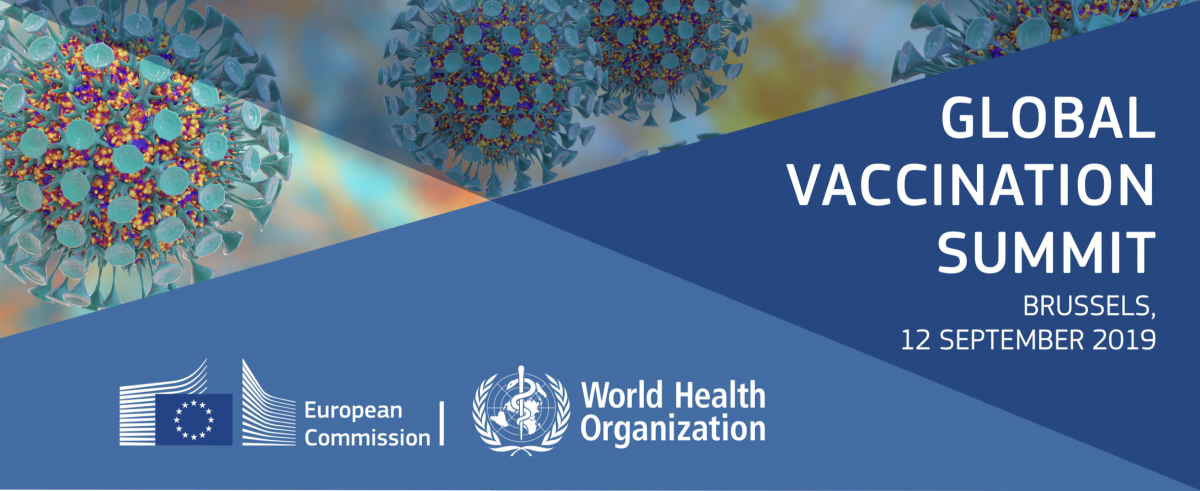
On 12th September, the European Commission together with the World Health Organisation (WHO) organised a global summit aiming at reversing the spread of vaccine-preventable diseases and stopping the dissemination of vaccine misinformation. The event, which was also attended by a representative of EAHP, discussed the availability of safe and effective vaccines, the lack of access, the problem of vaccine shortages as well as the growing issue of misinformation and the diminishing public confidence in the value of vaccines.
The following actions were agreed upon by the attendees of the summit:
- Promote global political leadership and commitment to vaccination and build effective collaboration and partnerships -across international, national, regional and local levels with health authorities, health professionals, civil society, communities, scientists, and industry- to protect everyone everywhere through sustained high vaccination coverage rates.
- Ensure all countries have national immunisation strategies in place and implemented and strengthen its financial sustainability, in line with progress towards Universal Health Coverage, leaving no one behind.
- Build strong surveillance systems for vaccine-preventable diseases, particularly those under global elimination and eradication targets.
- Tackle the root-causes of vaccine hesitancy, increasing confidence in vaccination, as well as designing and implementing evidence-based interventions.
- Harness the power of digital technologies, so as to strengthen the monitoring of the performance of vaccination programmes.
- Sustain research efforts to continuously generate data on the effectiveness and safety of vaccines and impact of vaccination programmes.
- Continue efforts and investment, including novel models of funding and incentives, in research, development and innovation for new or improved vaccine and delivery devices.
- Mitigate the risks of vaccine shortages through improved vaccine availability monitoring, forecasting, purchasing, delivery and stockpiling systems and collaboration with producers and all participants in the distribution chain to make best use of, or increase existing, manufacturing capacity.
- Empower healthcare professionals at all levels as well as the media, to provide effective, transparent and objective information to the public and fight false and misleading information, including by engaging with social media platforms and technological companies.
- Align and integrate vaccination in the global health and development agendas, through a renewed Immunisation agenda 2030.
Learn more about the event HERE
EFCNI round table outcome - Position on optimal practice in neonatal parenteral nutrition
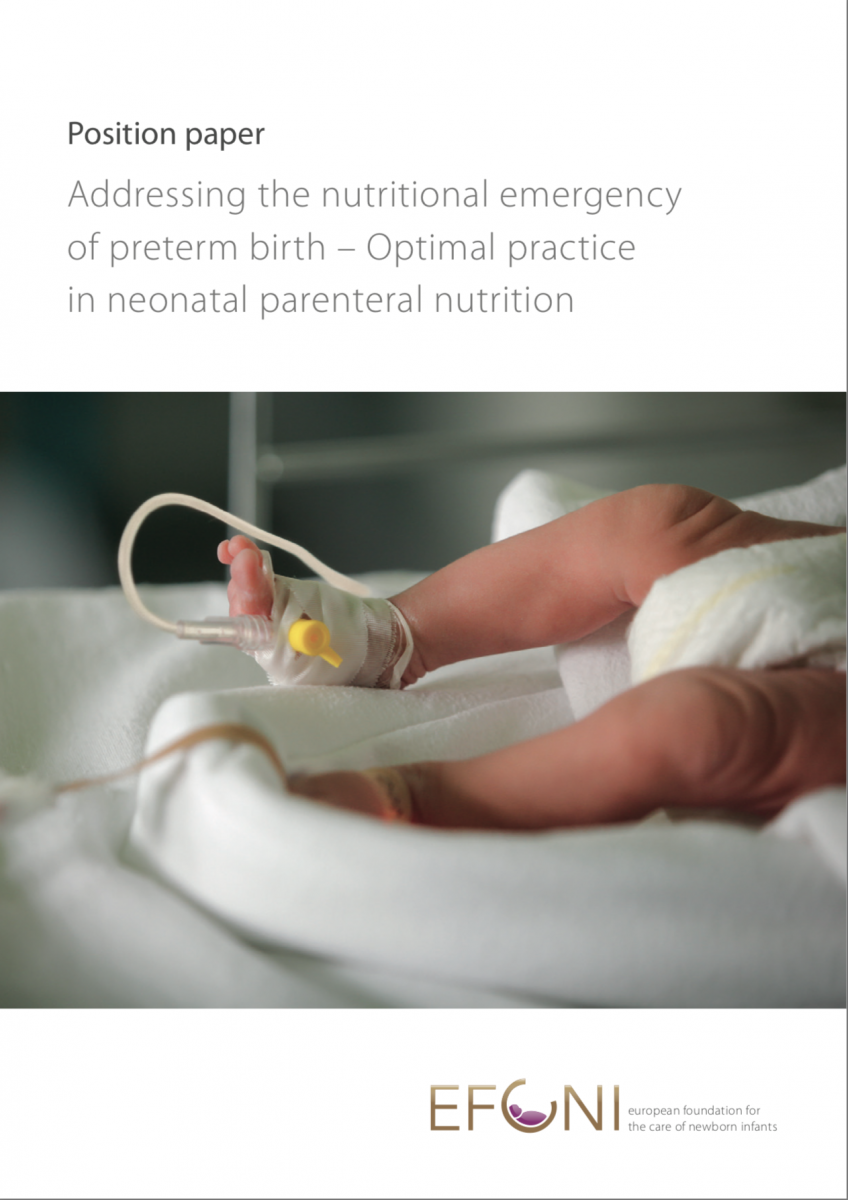
The round table discussions of the European Foundation for the Care of Newborn Infants (EFCNI) brought together a number of experts and healthcare professionals in 2018 to speak about the nutritional emergency of preterm birth. EAHP participated in these discussions which reflected on the content of the position paper “Addressing the nutritional emergency of preterm birth – Optimal practice in neonatal parenteral nutrition”.
The position paper – which has also been endorsed by EAHP – is intended to serve as a supplement to, and a driving force for the development and implementation of guidelines on a national level based on the newly revised European ESPGHAN/ESPEN/ESPR/CSPEN guidelines. It mainly targets policy makers and hospital administrators. As a next step, a German-speaking roundtable will be organised with the aim of developing a practical handbook for healthcare professionals based on the position paper.
Read the paper HERE
MIN Grant 2020 supporting projects for optimal nutritional care
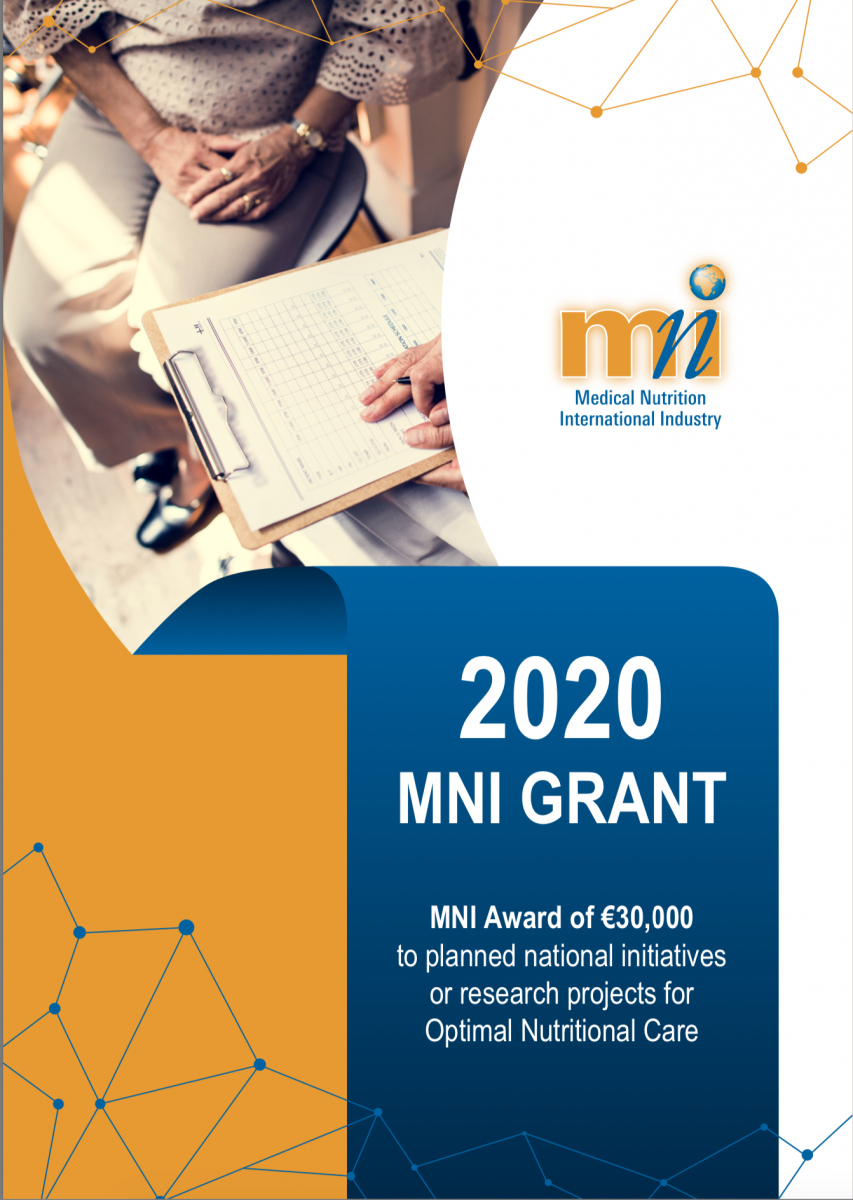
For over 10 years, the Medical Nutrition International Industry (MNI) grant has been rewarding national initiatives or research projects for optimal nutritional care. The 2020 edition is now accepting applications until 15th May 2020.
A grant of €30,000 will be awarded for a project that is
- endorsed by a national PEN-, sister-, or other society (worldwide) listed on http://www.espen.org/espen-national-societies
- focused on quantifiable advancements in one or more of the following areas of clinical nutrition:
- Evidence of improved patient outcomes
- Effective screening and treatment pathways
- Reduction in prevalence of malnutrition risk
- Demonstration of health economic benefits
- Progressive collaborations with multidisciplinary stakeholders including patients and carers
- Education of medical students / healthcare professionals
- Strategies to implement and advance nutritional care in clinical practice
- demonstrates progress and achievements in the next 24 months.
Focus on a broad population as well as potential of the initiative to influence national nutrition policy and/or to transfer to other settings or geographies is highly desirable.
Further information is available HERE
EJHP: Patient satisfaction survey: substitution of reference etanercept with a biosimilar product
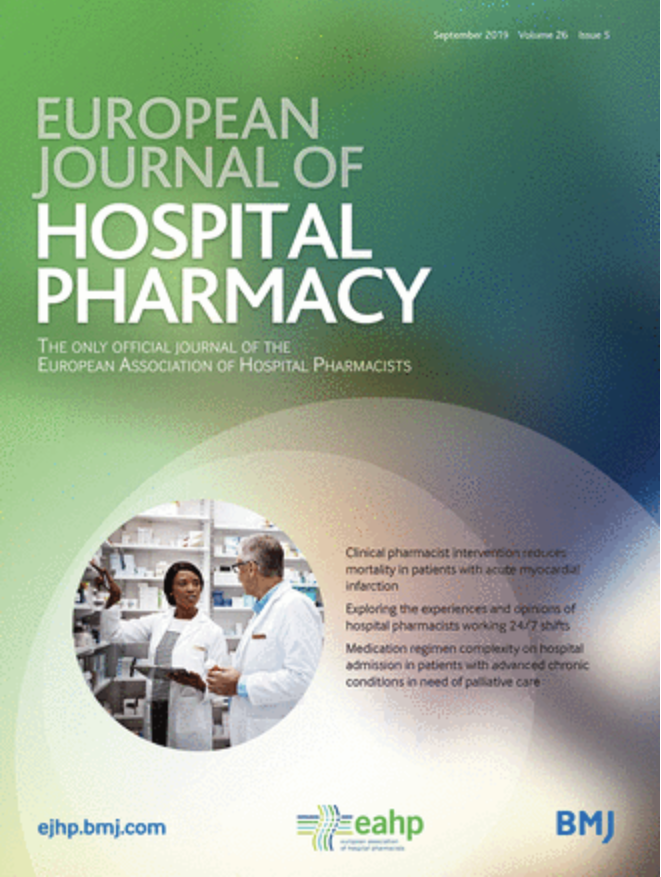
The online first edition of the European Journal of Hospital Pharmacy (EJHP) contains a short report on a patient satisfaction study regarding the substitution of reference etanercept with a biosimilar product. The study concluded that most patients found administration easy with the biosimilar pen, with an average score of 3.7. However, it also underlined that overall patient satisfaction was not improved with the switch from originator prefilled syringes to pens of biosimilar etanercept.
Access the short report HERE
SAT – complete your hospital assessment!
Have you heard of EAHP’s self-assessment tool (SAT)? It has been developed to help you with the implementation of the European Statements of Hospital Pharmacy. By completing the SAT you can assess the level of implementation of the Statements within their hospitals. Areas needing improvement are shown to you in a tailor-made action plan and evidence-based resources are provided to help you improve your implementation level. Check out the SAT which is available in 13 different European languages.
_______________________________________________________________________________________________________________________________
Consultations ![]()
EMA: ICH guideline E19 on optimisation of safety data collection
The guideline explores under what circumstances a targeted approach to safety data collection in some late-stage pre-marketing or post-marketing studies would be appropriate and how to implement such an approach. The aim is to enable a larger number of informative clinical studies to be carried out with greater efficiency and greater global participation in studies, for the benefit of public health.
Deadline – 29th September 2019
Access consultation HERE
EMA: ICH guideline E8 (R1) on general considerations for clinical studies
The guideline is intended to describe internationally accepted principles and practices in the design and conduct of clinical studies that will facilitate acceptance of data and results by regulatory authorities, provide guidance on the consideration of quality in the design and conduct of clinical studies across the product lifecycle, including the identification during study planning of factors that are critical to the quality of the study, and the management of risks to those factors during study conduct.
Deadline – 30th September 2019
Access consultation HERE

